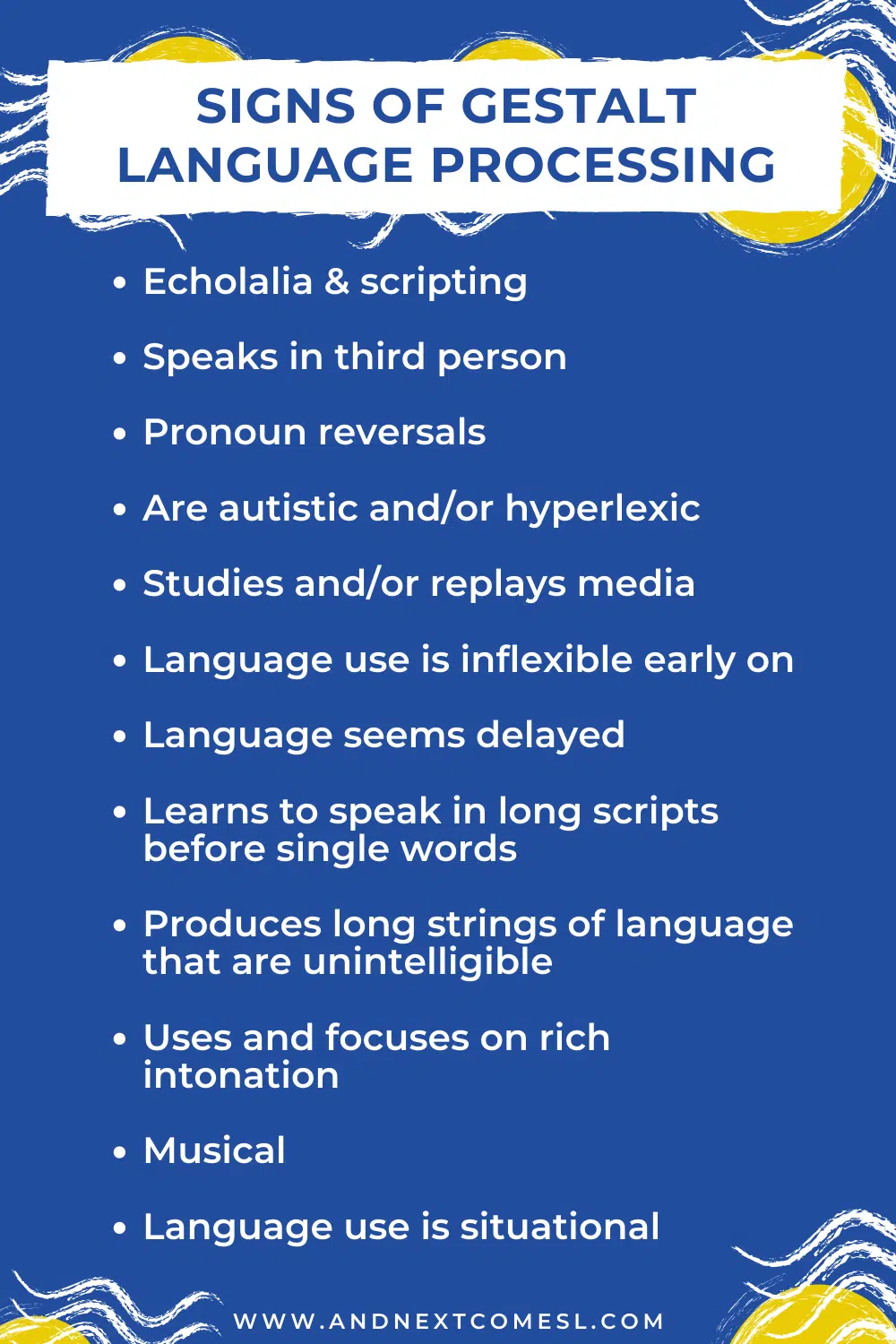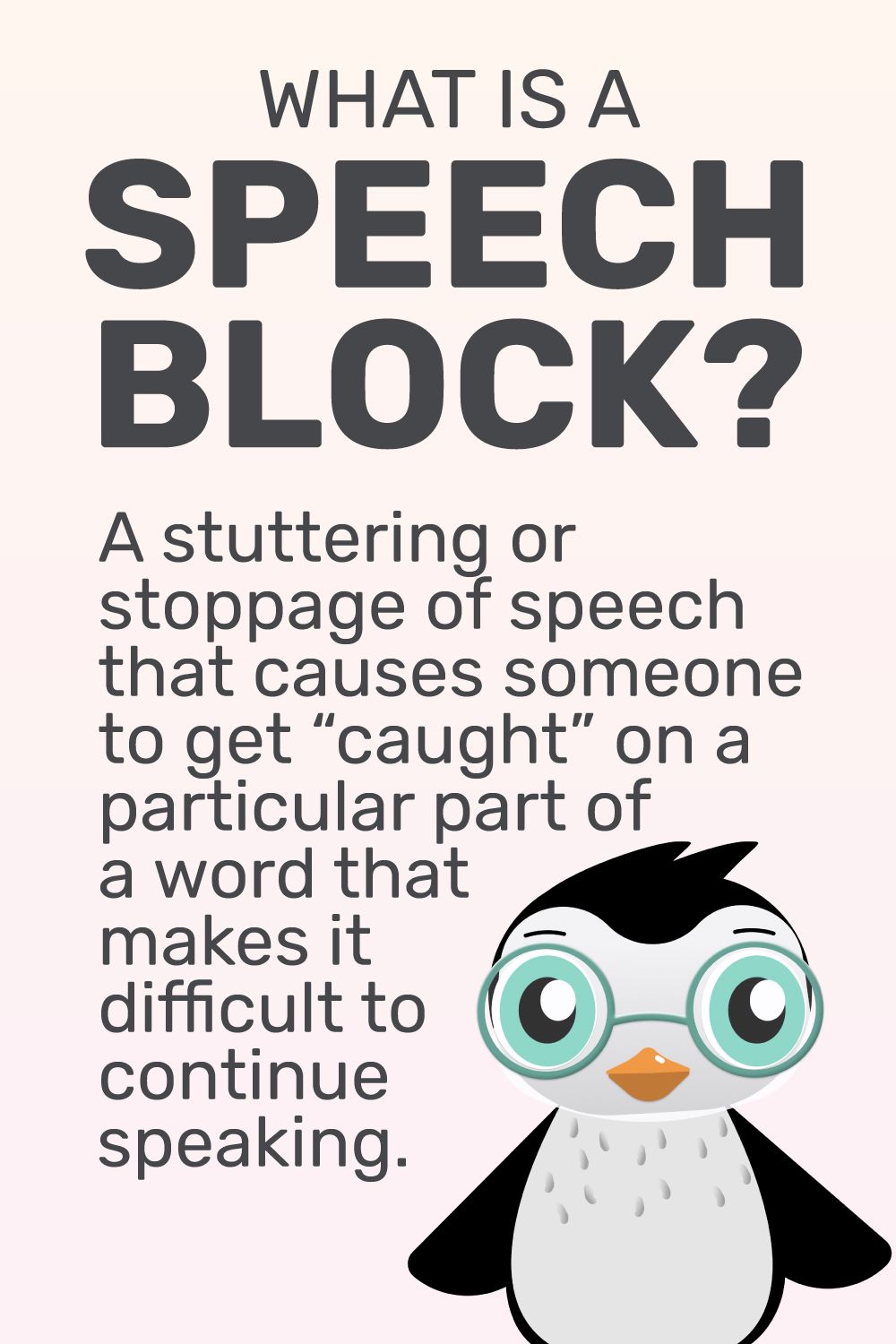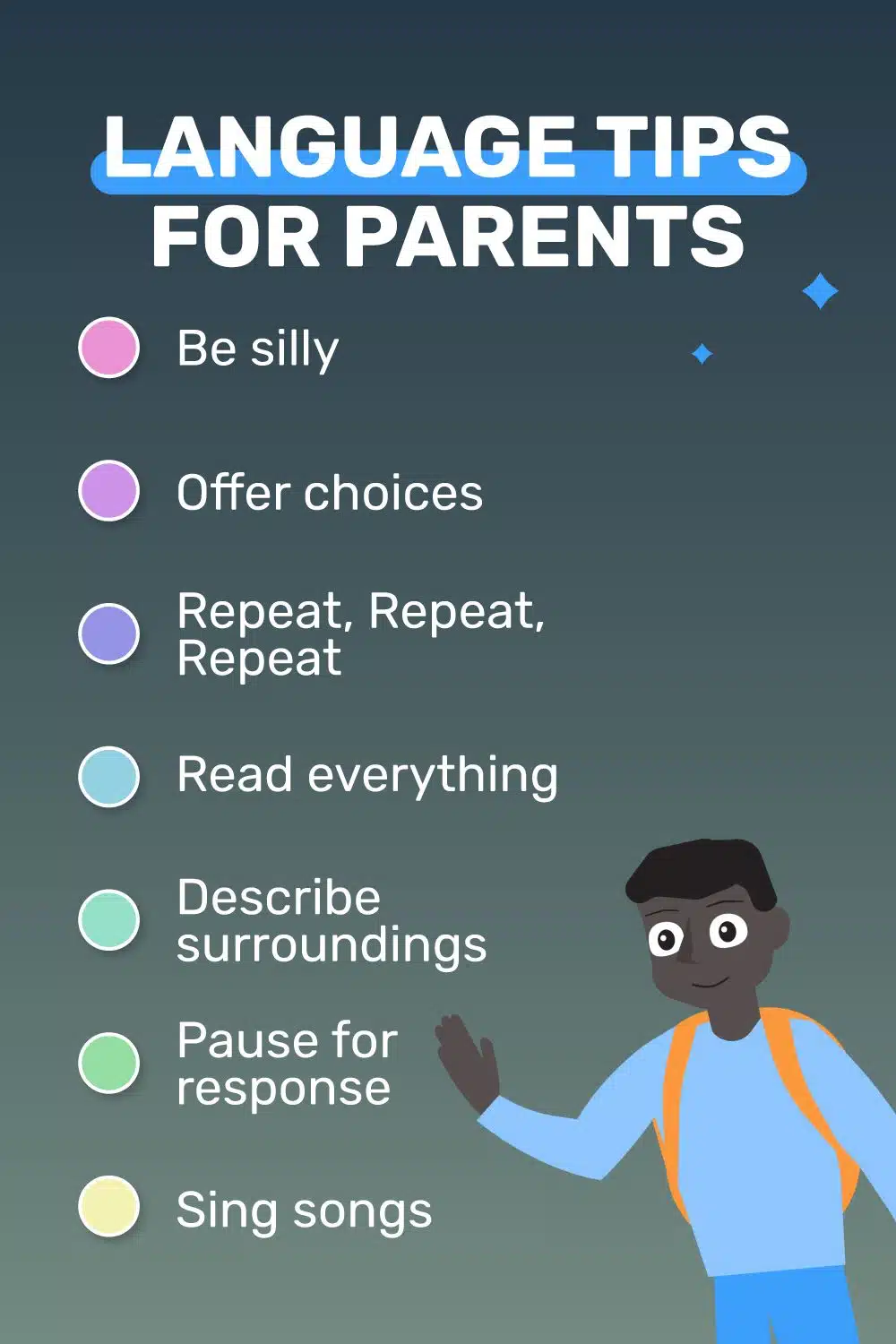Identifying the symptoms of Mixed Receptive-Expressive Language Disorder in your child is essential for early intervention and support. Here are some of the most common symptoms to watch out for:
- Difficulty Understanding Language: Struggles to follow instructions or comprehend spoken words and sentences.
- Challenges in Expressing Thoughts: Finds it hard to communicate ideas or feelings verbally.
- Limited Vocabulary: Has a reduced range of words for age-appropriate communication.
- Grammar and Sentence Structure Issues: Exhibits difficulty in forming coherent sentences.
- Social Communication Challenges: Faces difficulties engaging in conversations with peers.
- Academic Difficulties: May experience challenges in reading and writing tasks.
If you notice these symptoms in your child, consider seeking a professional evaluation from a speech-language pathologist. Goally tablet supports kids with Mixed Receptive-Expressive Language Disorder through fun apps, visual schedules, AAC, and gamified learning. It fosters language skills, emotional regulation, executive functioning, and social skills for greater independence.















